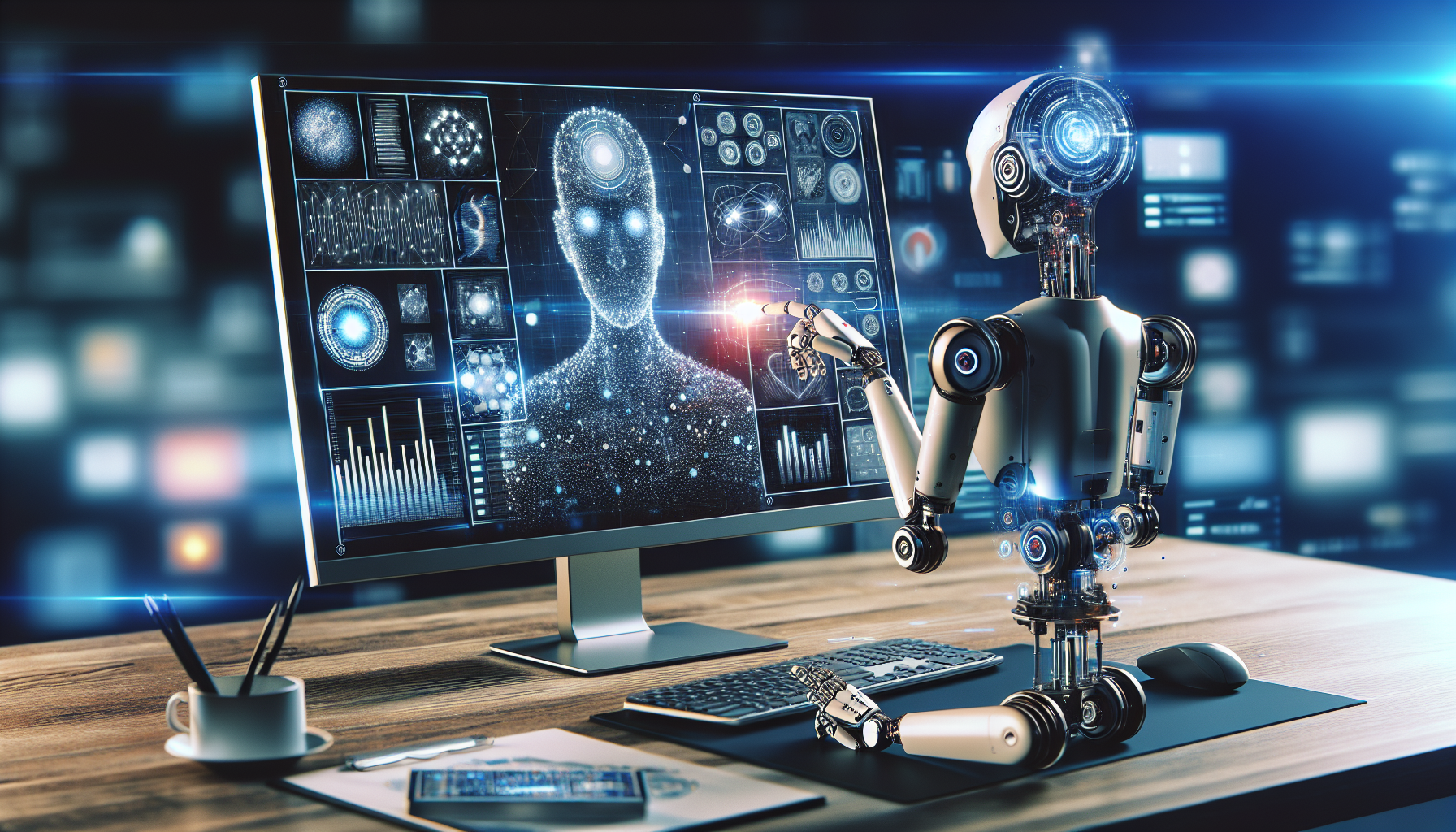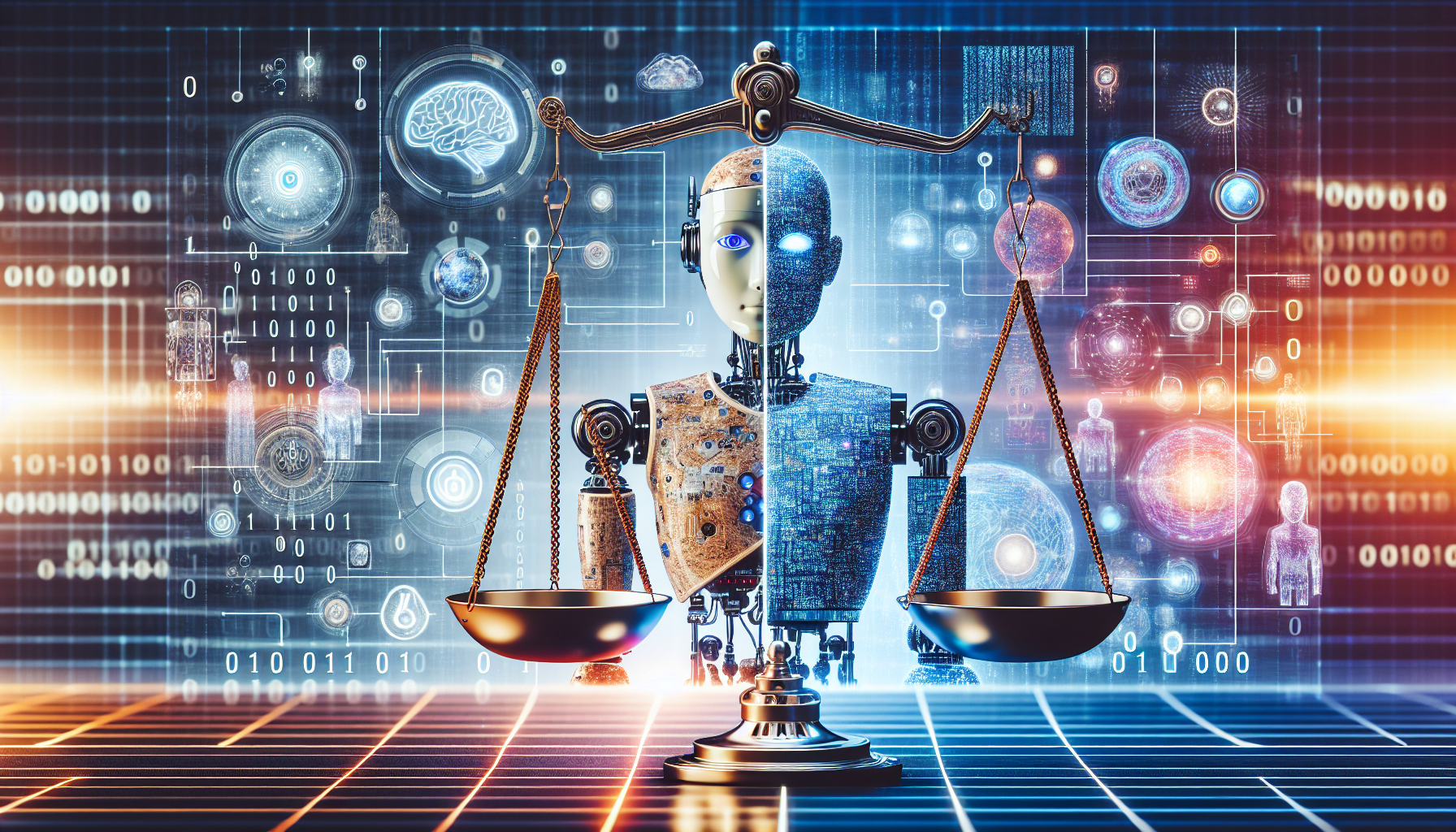
Quantum Computing and AI: Analyzing the Synergy of Two Revolutionary Technologies
October 24, 2025
In the realm of technological innovation, the intersection between quantum computing and artificial intelligence (AI) emerges as a frontier of immense potential and intrigue. This powerful combination promises to redefine problem-solving capabilities and accelerate advancements across various fields. While both technologies independently represent groundbreaking achievements, their convergence offers unique prospects that are only beginning to be understood.
Quantum computing, with its foundation in the principles of quantum mechanics, introduces a paradigm shift in how computations are performed. Unlike classical computers, which rely on bits as the smallest unit of data, quantum computers use quantum bits, or qubits. These qubits can exist in multiple states simultaneously, thanks to the properties of superposition and entanglement, enabling quantum computers to process vast amounts of data at unprecedented speeds. Such capabilities are particularly enticing for AI, which often grapples with complex algorithms and immense datasets.
The relationship between quantum computing and AI is not merely one of enhancement but rather of mutual augmentation. AI algorithms, especially those used in machine learning, inherently require significant computational resources. The training of AI models, such as neural networks, involves iterative processes that could be vastly expedited by the power of quantum computing. Imagine the possibilities when a machine learning model that traditionally takes days or weeks to train can be optimized in mere minutes or even seconds.
However, the integration of quantum computing with AI is not without its challenges. The nascent stage of quantum technology means that practical, large-scale quantum computers are not yet widely available. Furthermore, the development of quantum algorithms that can seamlessly integrate with existing AI frameworks is a complex task, requiring a deep understanding of both quantum mechanics and machine learning principles. Researchers are actively exploring these areas, and their findings will likely shape the future trajectory of both fields.
One fascinating aspect of this synergy is the potential for quantum-enhanced AI to tackle problems that are currently intractable. For instance, in the field of drug discovery, AI models augmented by quantum computing could simulate molecular interactions with unprecedented precision, significantly reducing the time and cost of developing new medications. Likewise, in the area of logistics and supply chain management, quantum-enhanced AI could optimize routes and resources with a level of efficiency previously unattainable, leading to substantial economic and environmental benefits.
Furthermore, as AI models become increasingly complex, the risk of biases and inaccuracies grows. Here, quantum computing could play a pivotal role in ensuring fairness and transparency. By enabling more comprehensive data analysis and validation processes, quantum-enhanced AI systems can help identify and mitigate biases in decision-making, leading to more equitable outcomes.
In addition to these practical applications, the theoretical implications of combining quantum computing with AI are equally profound. Quantum mechanics challenges our understanding of reality at a fundamental level, and when paired with AI, which is designed to mimic and enhance human cognitive processes, the philosophical and ethical considerations are vast. What does it mean for intelligence to be both artificial and quantum? How might such entities perceive and interact with the world?
As these technologies evolve, they will undoubtedly raise questions about the nature of intelligence, consciousness, and the future role of humans in a world increasingly influenced by machines. The ethical implications of deploying quantum-enhanced AI in areas such as surveillance, privacy, and security are particularly pressing, necessitating a robust framework for governance and oversight.
Ultimately, the integration of quantum computing and AI represents a convergence of two of the most transformative technologies of our time. The potential benefits are immense, offering solutions to some of the world's most pressing challenges. Yet, the journey to fully realize this potential will require collaboration across disciplines, transparency in research, and a commitment to ethical considerations.
As we stand at the cusp of this technological revolution, one cannot help but wonder: How will the synergy of quantum computing and AI reshape the boundaries of what is possible? As researchers and technologists continue to explore this fertile ground, the answers to this question may redefine our understanding of the universe itself.


